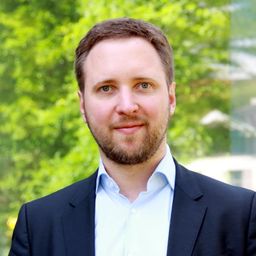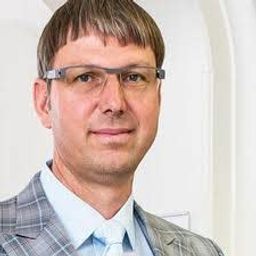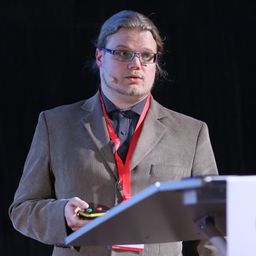Making the Data Revolution Happen: Trust and Technology - can it go together?
Mon statut pour la session
"The digital revolution will fundamentally
change economy and society, and it can undermine basic human values. Technology
alone will not be sufficient to guide us to a digital society based on
trust." Prof.
Dr. Dirk Helbing, leading ICT Future expert, ETH
Zürich
"In data intensive science computation and data
need to be seen as twins. Only new technologies and architectures will meet the
future requirements of data analytics and simulation." Prof. Dr. Thomas Lippert, leading HPC expert, Research Centre Jülich
"Big data, machine learning, and artificial intelligence are revolutionizing numerous fields, and materials science is no exception. Aggregating and analysing the billions of data from computational materials science will enable us to categorise the endless space of materials and exploit hidden relationships for basic research and societal important applications." Prof. Dr. Matthias Scheffler, leading material scientist, Fritz-Haber Institute, Max Planck Society .
The IoT will produce data streams of unparalleled volume and value. In this workshop, key experts “drop the gloves” and tackle challenges heads-on: How can we establish trust in a data economy? How can we process large data volumes efficiently? How can we gain insights and learn from data? Join us for three sessions on 4 June starting at 11:15h to make the data revolution happen!
Billions of
smart IoT devices will create continuous data streams which need to be managed,
analysed and transformed into knowledge that can help humans to improve their
way to organise societies, industry and their interaction with the environment.
Experts tend to agree that in a few years machine learning algorithms will be deployed
everywhere - from small devices to big clouds - to detect relevant patterns in
these gigantic data streams and sets acting as a kind of new magnifying glass
for humans who are not equipped for such tasks. Without doubts data has a high
potential to improve our decisions, but reality seems to indicate that major changes
are required to make these hopes reality. In this workshop, we will address this
topic from three angles.
Workshop Goal
The goal of
the workshop is to address three of the major topics in the area of Big Data
processing and analytics where new ways will be required to to make the data
revolution many experts talking about happen and to be fit for the future
challenges in particular posed by the data streams generated by the billions of
smart IoT devices. There is no doubt that steps ahead will require social and
technological roadblocks to be removed. Experienced and knowledgeable speakers
will present some views on these topics and give directions. Sufficient time
for discussions including Q/A from the audience will allow us to discuss these
views and eventually add others.



